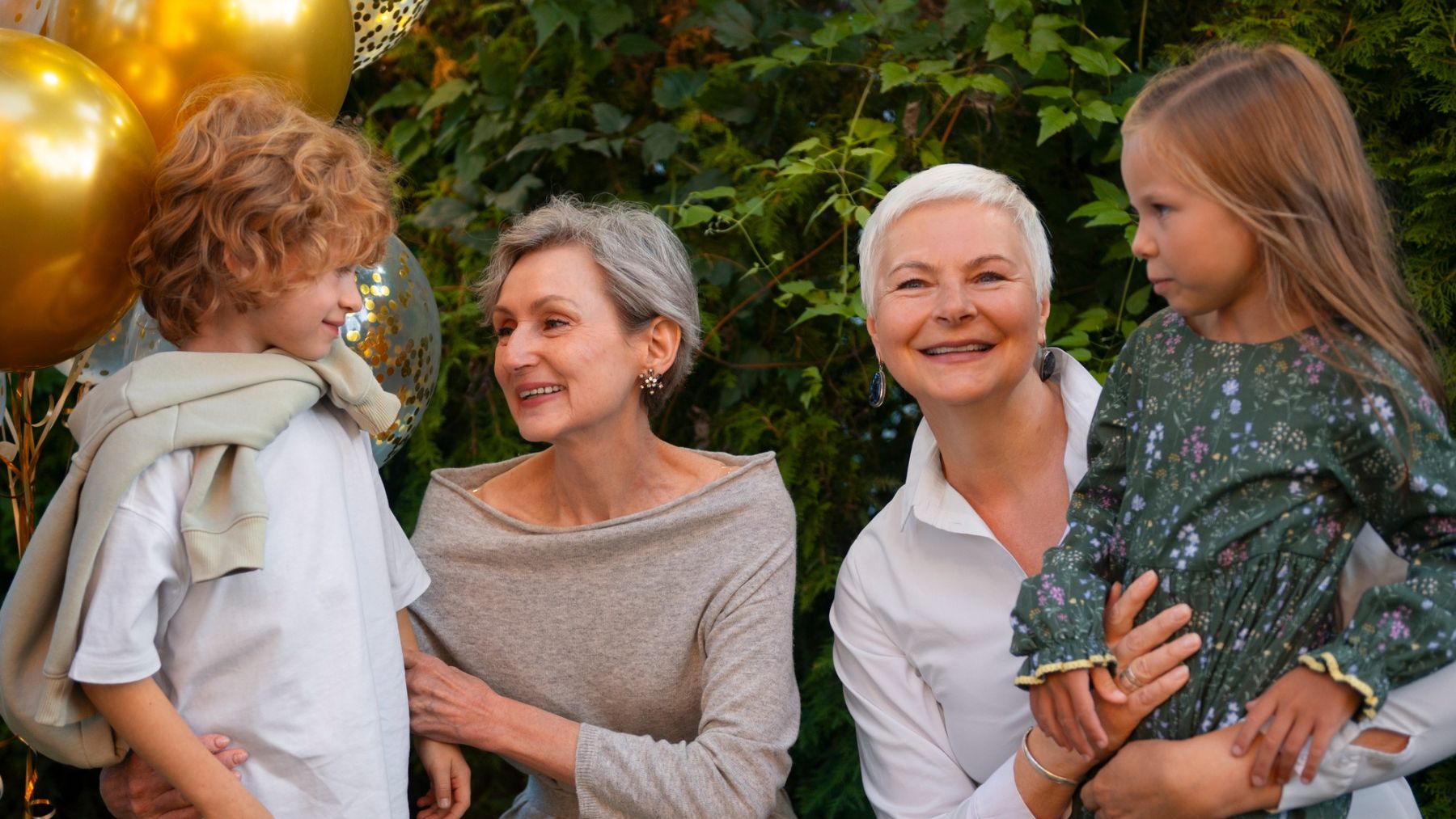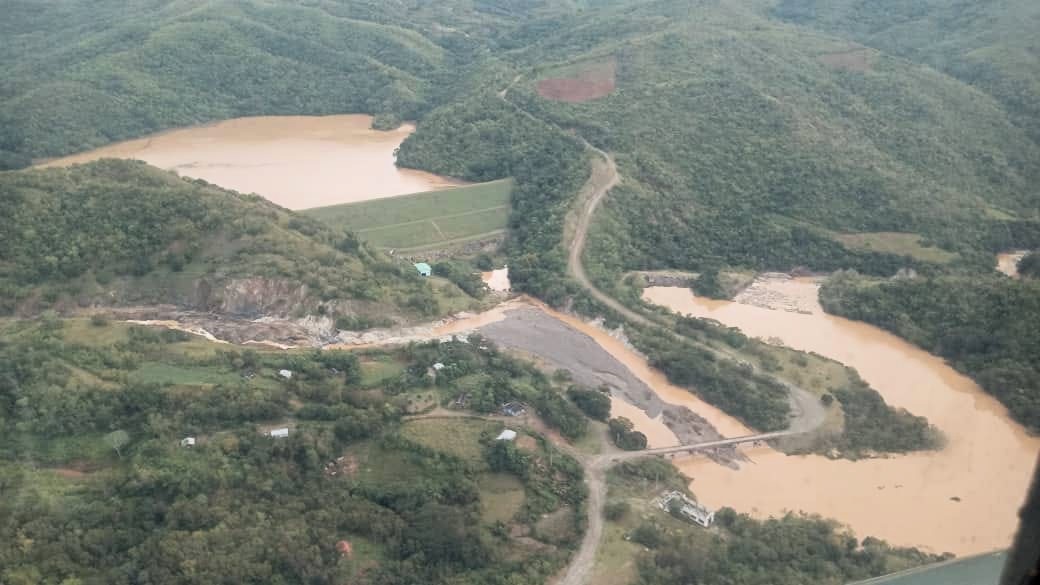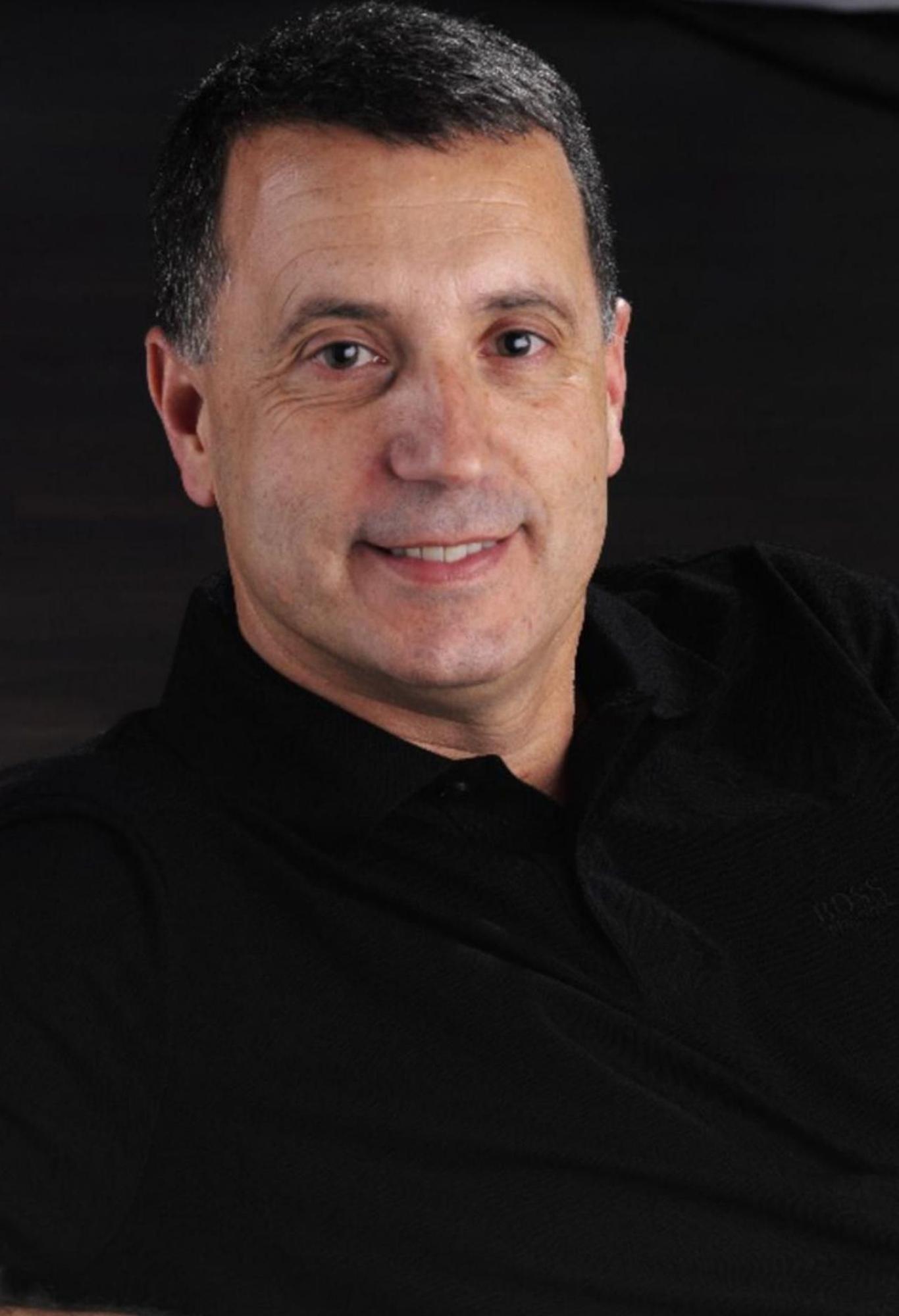Seven women and two men. This is a photo of the first generation of medical students who, a few weeks ago, held their graduation ceremony from the University of Magallanes (Umag). Doctors in the far south of the world are Chileans.
“I am from Licantén (Male district) and I came to study upon opening the degree, without knowing Punta Arenas or anything”, reviews Stella Contreras, 26, and part of that first generation. She also remembers that her family literally left her for their new city when she started her career.
On her part, Nicole Alvarado, 25, a colleague of the graduate class, says she is a native of the region and the fact that in 2014 the medical profession opened in Umag. “It was an opportunity, otherwise I would have to study nursing”.
In this sense, Ramiro Fernández, Clinical Coordinator of Medicine, guarantees the opening of the profession “It’s a job for many years. Because apart from the seven studies, this had to be programmed four or five years ago”. For this reason, he asserts, “It was great to see that the first generation had already graduated, which fills us with pride and happiness. Especially since this medical profession is located in the far south of the world.”
Specifically, by the fact that you are in geographic conditions that others do not have, The profession studies a branch called extreme environment medicine. “He focused on thinking that you always see patients far away and need diversions. So they taught us to think about how and when to move them, if a barge can be expected or if it will be evacuated,” Contreras explains. She herself adds that common illnesses in the area have been seen. Also, such as cold frostbite, hypothermia, vitamin D deficiency or multiple sclerosis.
Alvarado, his partner, complements: “He is learning to practice medicine in harsh conditions, such as cold, isolation, how to deal with patients in areas where you can be alone, what decisions to make, who to seek help, when to evacuate patients and what is the process.”
Professor Fernandez, who is currently the director (S) of medicine in Umag and head of the neurology department at Clínico de Magallanes, says that this happened because they are an isolated area and you have to know when and how to react to certain situations. “We must not forget that there are islands like Williams or Porvenire.”, he is referring to.
After reviewing her school years, Dr. Alan Nicole Alvarado says she is “happy with the decision I made, and I stayed. I have no regrets and what saved most is the clinical field.”
Meanwhile, Stella Contreras recalls that “everything was full of emotion and missing. But now we have the grace of technology, so there was no lack of connection, even though I only traveled to my house for vacations.” In general, she says, she is “satisfied” with her decision to go to study somewhere far away for her. “I did not have a bad time, on the contrary, I became a good friend.”
Continue to exercise in the area or move to other latitudes? It is the decision that comes before fresh graduates.
“I work in support epidemic At the Seremi de Salud de Magallanes and my idea is to specialize, but doing that now is complicated because this year’s competition is different,” says Contreras, who says his idea is to continue his studies in internal medicine. For that, he said, “I have to leave the area, yes or Yes, because Umag does not have specialties yet. Although my idea is to come back here, because I feel that giving back to the community is an obligation and a duty.”
Nicole Alvarado, who while saying that graduation generates anxiety because they “look too much at being first generation,” asserts that all of her classmates hope to be a contributor. “Most of them are already working here and we are eager to help and show that the race here is good and that it can improve even more.”, exposes. And in his case, it’s even bigger, being from the area: “I have a sense of belonging and I’d like to be an active part of this so it keeps getting better. I plan to get involved more.”
That’s why, he says, his plan for now is to stay in the area, where he wants to work in primary care. “But over the years I want to specialize,” he says. And this, so far, could not be done in Magallanes.
In this sense, from his career, his deputy points out that although most physicians generally do not end up practicing where they studied, “If you train there, you have an equally important knowledge of idiosyncrasies and diseases”. For this reason, it is considered important to represent that “the student who practices as he has been trained knows the ways of speaking and referring to diseases by patients. It is the human part of medicine.” So he asserts that “regions can offer something important”.

“Social media evangelist. Student. Reader. Troublemaker. Typical introvert.”







More Stories
Mother or father? This is the grandchildren’s favorite grandmother, according to science
“In colleges they continue to teach twentieth century medicine, not twenty-first century medicine.”
Students from Cordoba participate in the National Exhibition of Education, Arts, Science and Technology